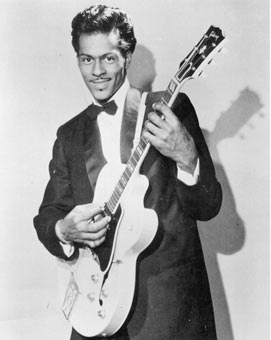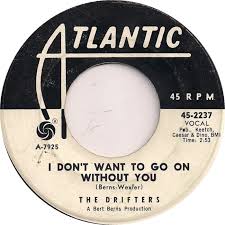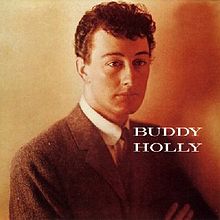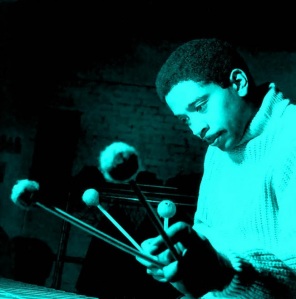
Chuck Berry passed away last weekend, so I’m going to devote this post to the man himself.
I first got introduced to the music of Chuck Berry when I was in 9th grade. My dad had quite a bit of his music in his library and it just clicked with me right away… I was just discovering rock n’ roll in a very strange chapter in my life and the do-or-die attitude of his music connected with me immediately.
It wasn’t until a little bit later when I truly began to understand just how important he was. I was obsessed with the Beatles and the Rolling Stones and I couldn’t help but notice these names of other people that would show up in the credits of their early albums, particularly one C. Berry. It’s incredible to think of how many careers Chuck Berry is responsible for, especially in the case of the Stones. For one thing, his guitar playing was so sophisticated and intricate but it still had a toughness to it that no doubt appealed to many an angst-ridden teenager in the midst of the clean-cut 1950’s…Sure, he was heavily influenced by other players like T-Bone Walker, but he still managed to always have his own distinct sound…
The thing that really, really knocked me out though was his uncanny way with words… Many people view rock n’ roll songwriting as dumb cliches hastily strung together, but Chuck’s lyrics always focused on everyday life with an incredibly detailed and witty sensibility… When listening to songs like Maybellene or Johnny B. Goode, the energy is practically bursting from the speakers, it’s still amazing after all these years…
I remember one day after a really bad day at school, I was driving home with my dad and he played School Days… the lyrics just grabbed me right away, it just about described my day verbatim. When he got to the lyric “the guy behind you won’t leave you alone” I couldn’t help but laugh and I felt that things weren’t so bad after all. That was the first time I really understood just how important music can be… Chuck Berry had a wonderful ability to connect with people of all ages and his music will last forever, long after we’re dead and gone…
R.I.P. Chuck Berry, you were the king of them all
:format(jpeg):mode_rgb():quality(40)/discogs-images/R-1898771-1395464192-9068.jpeg.jpg)


